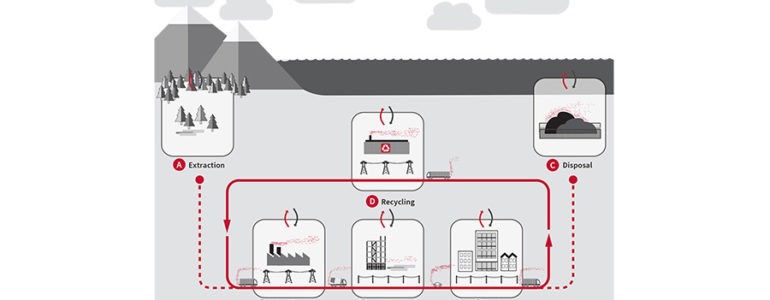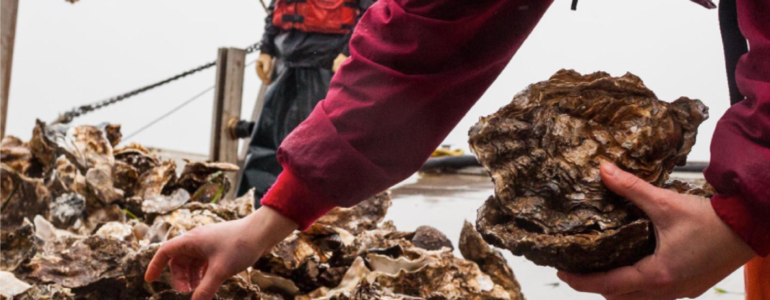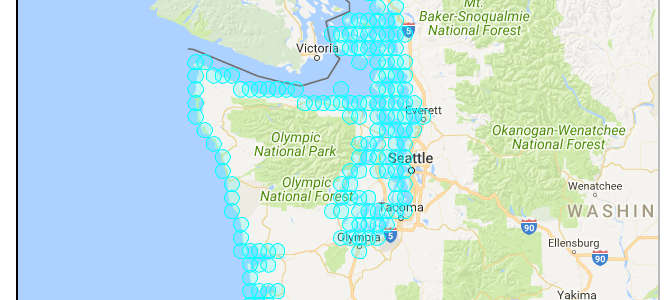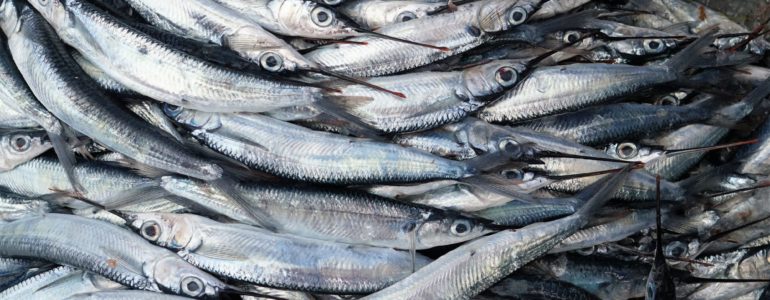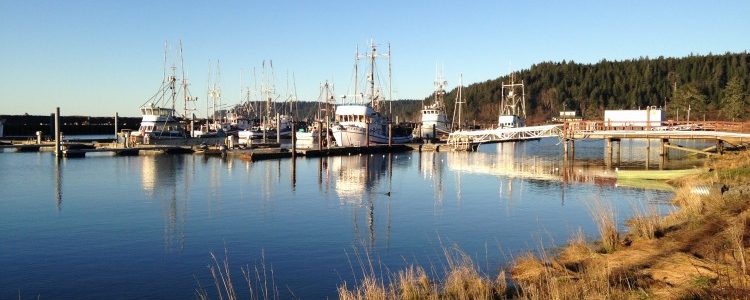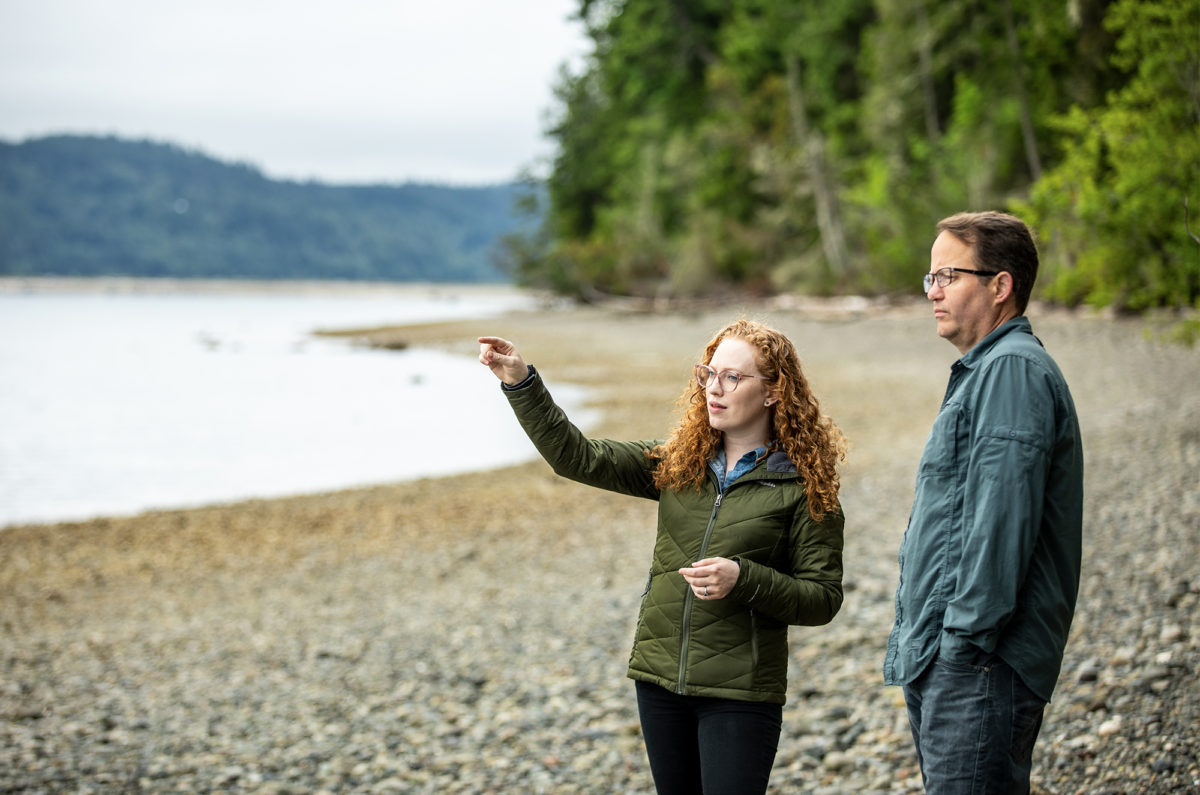EarthLab News
Reducing embodied carbon and operational emissions in buildings
Last week, at the Global Climate Action Summit in San Francisco, Microsoft announced it is the first large corporate user of a new tool to track the carbon emissions of raw building materials. Microsoft is piloting the tool, called the Embodied Carbon in Construction Calculator, or EC3, in the remodel of its 72-acre Seattle campus.
The open-source EC3, which is running on Microsoft Azure, was developed by Skanska with the University of Washington Carbon Leadership Forum, Interface and C-Change Labs.
Doris Duke Scholars engage underserved communities around environmental sustainability
Dedication. Passion. Determination. Resilience. Pride. The Doris Duke Conservation Scholars exuded these feelings and many others during the Conservation Scholar Summit, where individuals shared connections with their communities, cultures and environment. Most significantly, they planted their banners of belonging to the environmental movement — a fitting conclusion to the scholars’ summer.
ECOSS was fortunate to host two Doris Duke scholars this summer: Pheng Lor, a UC Berkeley student focusing on conservation and LGBT studies, and MaKail Crawford, hailing from Wesleyan University working on classics and Latino studies.
NW CASC Fellowship Program delivers actionable science and leadership
Creating science that can help natural resource managers and and policy makers make sound decisions about emerging climate-related risks is critical. Through the Northwest Climate Adaptation Science Center’s Fellowship Program, not only is decision-relevant science being advanced, but the next generation of leaders in collaborative research is also taking shape.
Key to the Fellowship Program’s success is its focus on helping early-career scientists deepen both their disciplinary expertise and their ability to collaborate with regional natural resource managers and decision-makers to develop science that helps answer critical management questions.
2018 Nature and Health Symposium and Doug Walker Lecture
Join us for a day exploring the connecting between nature and human health at our 2018 Nature and Health Symposium and Dough Walker Lecture.
Nature and Health Symposium
This annual one-day symposium held each fall brings together professionals and community leaders in the fields of health, conservation, design and planning, and education to learn from each other and explore common goals and collective strategies related to the human health benefits of being in nature, from gardens to wildlands.
Combining science and art to shift our thinking and spur action in a changing world
We’re living in the Anthropocene, or the epoch in which humans are—for the first time—the dominant driver of global change related to climate and the environment. As polar ice melts, sea levels rise, and storm and wildfire seasons get longer and more intense, climate projections suggest the Earth will be several degrees warmer by 2100. Although most Americans say climate change is an important topic, research shows fewer than half see it talked about in the media and just one in five discuss it with their peers.
Read moreForecasting corrosive ocean conditions for shellfish growers in Washington
For people who make their living connected to nature, a favorable environment is critical. For farmers, that means having enough rain to bring a crop to harvest. For ski resort operators, that means having enough snow for a robust ski season. For commercial fishermen, that means having seasonal ocean temperatures that favor the fish they need for market.
The same goes for shellfish growers in Washington, who rely on the Northwest’s historically favorable marine waters to help produce delectable invertebrates, like clams and oysters.
Sea-level rise report contains best projections yet for Washington’s coasts
One certainty under climate change is that global ocean levels are rising. A new report led by Washington Sea Grant and the University of Washington’s Climate Impacts Group provides the clearest picture yet of what to expect in Washington state.
The report includes projections for more than 150 different sites along the Washington coastline, from all marine shorelines in Washington state.
Rising carbon dioxide levels are turning rice and fish into junk food
More carbon dioxide means less goodness from the crops we grow on land and the fish we harvest from the oceans. A new study published by EarthLab’s Kristie Ebi and colleagues in China and Japan found that increased CO2 in the atmosphere reduces the nutritional value of rice, the world’s most plentiful and valuable crop, as well as wheat and many wild plants.
Read morePartnering with indigenous communities to anticipate and adapt to ocean change
The productive ocean off Washington state’s Olympic Coast supports an abundant web of life including kelp forests, fish, shellfish, seabirds and marine mammals. The harvest and use of these treaty-protected marine resources have been central to the local tribes’ livelihoods, food security and cultural practices for thousands of years. But ocean acidification is changing the chemistry of these waters, putting many coastal species – and the human communities that depend upon them – under threat.
Read moreInfluence of climate change on stream temperatures across the northwest
A team of researchers from the University of Washington, National Oceanic and Atmospheric Administration, US Geological Survey and US Department of Agriculture published new research showing how water temperatures vary in over 7,000 miles of rivers and streams across the Pacific Northwest and northern California. Using high-resolution remotely-sensed water temperature data, this research helps identify potential influences of climate change on the availability of cold water for species like salmon.
Read more